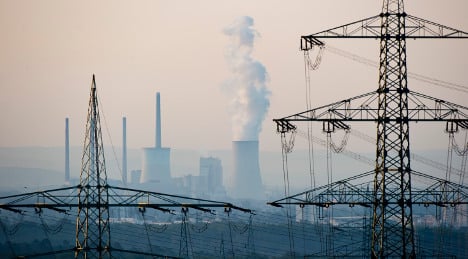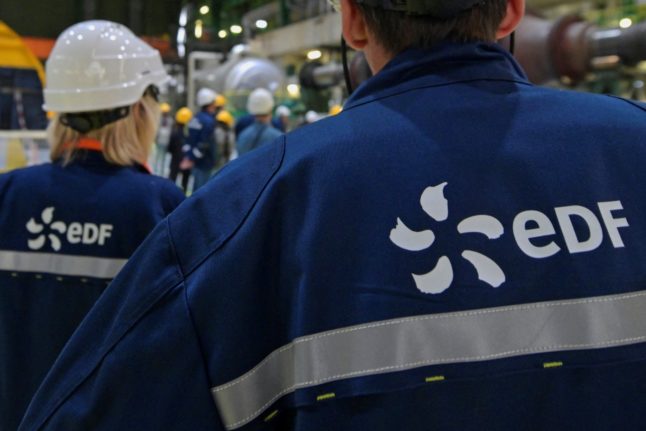The national consumer price index (CPI) rose by 0.3 percent year-on-year in March, up from 0.1 percent in February, federal statistics office Destatis said in a statement.
But the Harmonised Index of Consumer Prices (HICP) – the yardstick used by the European Central Bank (ECB) – was also back in positive territory, rising by 0.1 percent year-on-year in March, compared with a drop of 0.1 percent the previous month.
Nevertheless, both numbers are way below the ECB's target of 2.0 percent, which the central bank defines as price stability.
The March data are still only preliminary, since they are based on consumer price statistics from only six out of Germany's 16 regional states.
Final data including all 16 states will be published on April 15, Destatis said.
Analysts said the data should offer some hope that the eurozone can avoid a dangerous deflationary spiral of falling prices, since energy prices – which have fallen sharply in recent months — are now back on the increase.
The modest pick-up in inflation "was driven by a modest rebound in the oil price, amplified by the weaker euro," said Berenberg Bank economist Christian Schulz.
Commerzbank economist Marco Wagner agreed."According to our calculations, this increase is mainly attributable to energy prices, which have been rising again since February," he said.
"We assume that the inflation rate in Germany will continue rising in the course of the year. Energy prices will probably start to increase more quickly around mid-year. Moreover, labour costs, which are accelerating in part due to the minimum wage, will also intensify the underlying inflation pressure,"Wagner said.
The Commerzbank economist predicted that German inflation could reach around 2.0 percent by the end of this year.
Capital Economics economist Jennifer McKeown said she expected energy prices "to continue to exert a heavy drag on the headline rate for the next six months or so, which may see headline inflation dip back into negative territory in the near future. But the drag should ease somewhat later this year."
Given the relative strength of the German economy, "there is little risk of sustained deflation in Germany. And temporary falls in inflation and price cuts should have positive effects" on the economy, McKeown said.



 Please whitelist us to continue reading.
Please whitelist us to continue reading.
Member comments